I'm trying to do some Binary AND operations in c# based on MSDN article about & Operator
if i do:
1111 & 10 = 2 (0010) // Which is what i expect
However,
1111 & 100 = 68 (1000100) // Which is **not** what i expect.
I would have thought the output would have been 100

What am i missing?